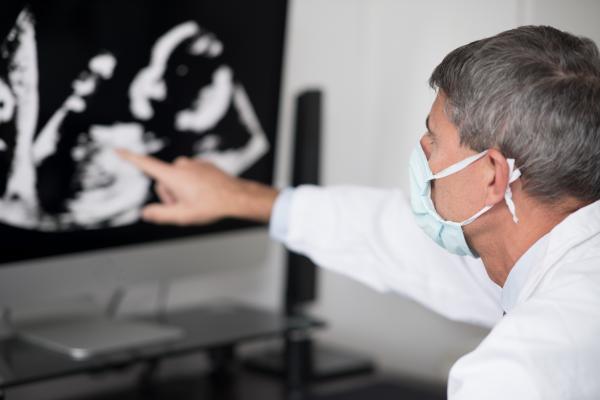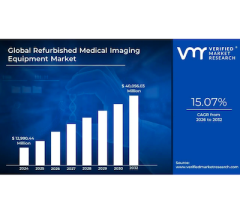
Getty Images
June 24, 2020 — Members of the Radiological Society of North America (RSNA) shared their concerns, insights and predictions with their Society to help in understanding the needs of radiologists during and following the global pandemic.
In May, RSNA reached out to its members to ascertain the impact of the pandemic on global radiology practice to inform the continued development of programs and services aimed at assisting its members in managing this sustained public crisis.
“As the premier membership organization in the field of radiology, RSNA continually looks for opportunities to serve our members and to provide them with the knowledge and tools they need to become leaders in their specialties,” said Bruce G. Haffty, M.D., chair of the RSNA Board of Directors. “This pandemic has presented unique challenges to the radiology community, and RSNA has led the way in publishing COVID-19 imaging research and developing educational and best practice materials to support radiology professionals during this unprecedented time in modern health care.”
More than 2,400 radiologists from around the world responded to RSNA’s survey. Results include data from six geographic regions, made up of 92 countries, covering 28 subspecialties in both academic and private practice.
Members expressed their current concerns during the pandemic, outlooks for the immediate future, and the current state of pandemic management in their facilities and institutions.
Most members said the imaging volume at their facilities/institutions were reduced by 25-75 percent due to COVID-19 and that they are now in the beginning of the post-peak stage of the pandemic as they start to resume non-urgent imaging. Their top concerns are health and safety and the financial impact of the pandemic.
Optimistically, RSNA members believe the biggest opportunity to make an impact is by developing workflows to enable imaging under new safety guidelines and by using imaging to help prioritize patients for treatment.
As shown in other RSNA surveys, journal articles remain the clear preference as the leading source of COVID-19 information. From early on, RSNA has been a global leader in disseminating information and the latest research on COVID-19 through its scientific journals, webinars, podcasts, case collections and guidance documents. Additional RSNA COVID-19 resources may be found at RSNA.org/COVID-19.
Related coronavirus content:
Insight on the Impact of COVID-19 on Medical Imaging
Interventional Radiologists Modify Protocol for Coronavirus Disease


 February 06, 2026
February 06, 2026 









